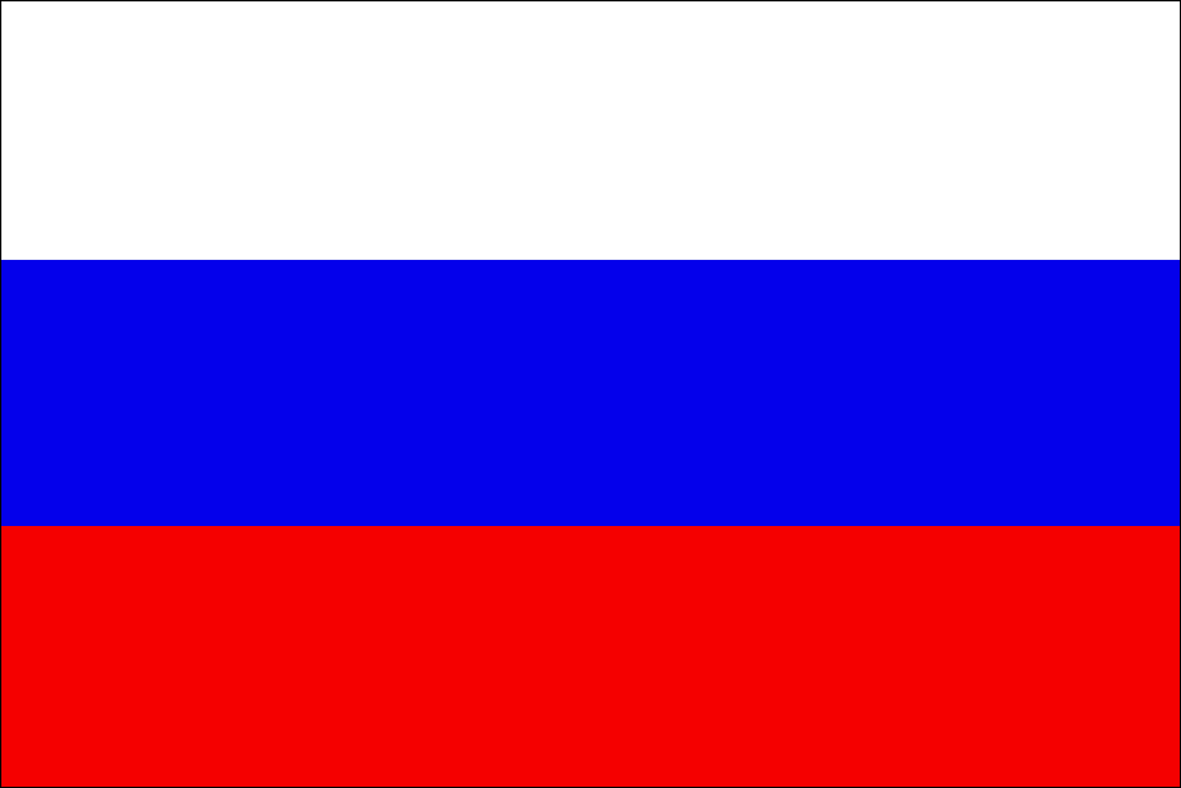

LGBT Rights
and the
Twinning of
Manchester & St. Petersburg
In 2014, the rights of people who are either lesbian, gay, bisexual or transgender continues to be a contentious issue around the world.
In February 2014, Uganda passed an Anti-Homosexuality Act which punishes homosexuals with life imprisonment. Following the new law a Ugandan newspaper published the names and photographs of 200 suspected homosexuals and called for the prosecution of the suspected individuals. Along with Uganda, many other countries, mainly in Africa and the Middle-East persecute and punish LGBT people with imprisonment and even death. The majority of these countries follow Islamic law and therefore their persecution stems from religious intolerance.
The majority of countries in the world share a much more liberal view towards LGBT rights and no longer consider being LGBT a crime. Britain is one of these more liberal countries which contain thriving LGBT communities in places such as Manchester, Brighton and London. Although there are some sections of society such as in religion and politics that remain homophobic, the majority of the population recognise LGBT rights as an acceptable way of life. Like many countries, Britain has a past of prejudice against LGBT people but has come a long way since then. Britain hosts a number of gay pride parades; it has popular famous homosexuals in film, television, music, theatre and sport; it allows LGBT people to become politicians, adoptive parents and join the armed forces; and by March 2014 all of Britain except Northern Ireland will legalise same sex marriages.
Unlike Britain, Russia seems to be taking a backwards step with its attitude towards LGBT people. Although being LGBT is no longer a crime, they are still the victims of persecution by some sections of society. In June 2013, Russia enacted an anti-LGBT propaganda law, which was supposedly to stop children receiving information about being LGBT. Since the law began there has been an increase in persecution against LGBT people, with many being the victims of violent hate crimes or arrested for protesting against the law.
Clip from 'Stephen Fry: Out There',
first broadcast on 16th October
2013, BBC 2.
Stephen Fry meets Vitaly Milonov
who has introduced a law in
Russia which bans 'promotion of
homosexuality'.
Although we understand that there are worse human rights abuses happening against LGBT people in the world, this website will specifically focus on Russia and how this has affected its relationship with Britain. The Russian situation is of particular interest because it is considered an advanced country, and therefore questions need to be raised about its conduct towards human rights in the 21st century, and how Britain should respond. Questions such as:
-
Why does this homophobia exist? Is it religiously or politically incited?
-
Could Britain and other countries have done more to protest, such as
boycotting the Sochi Winter Olympics?
-
Should Manchester remain twinned with St Petersburg in light of
Russia's actions?
These are just some of the questions that we will address on this
website.
(Click a link below)
BRITISH LGBT HISTORY RUSSIAN LGBT HISTORY




